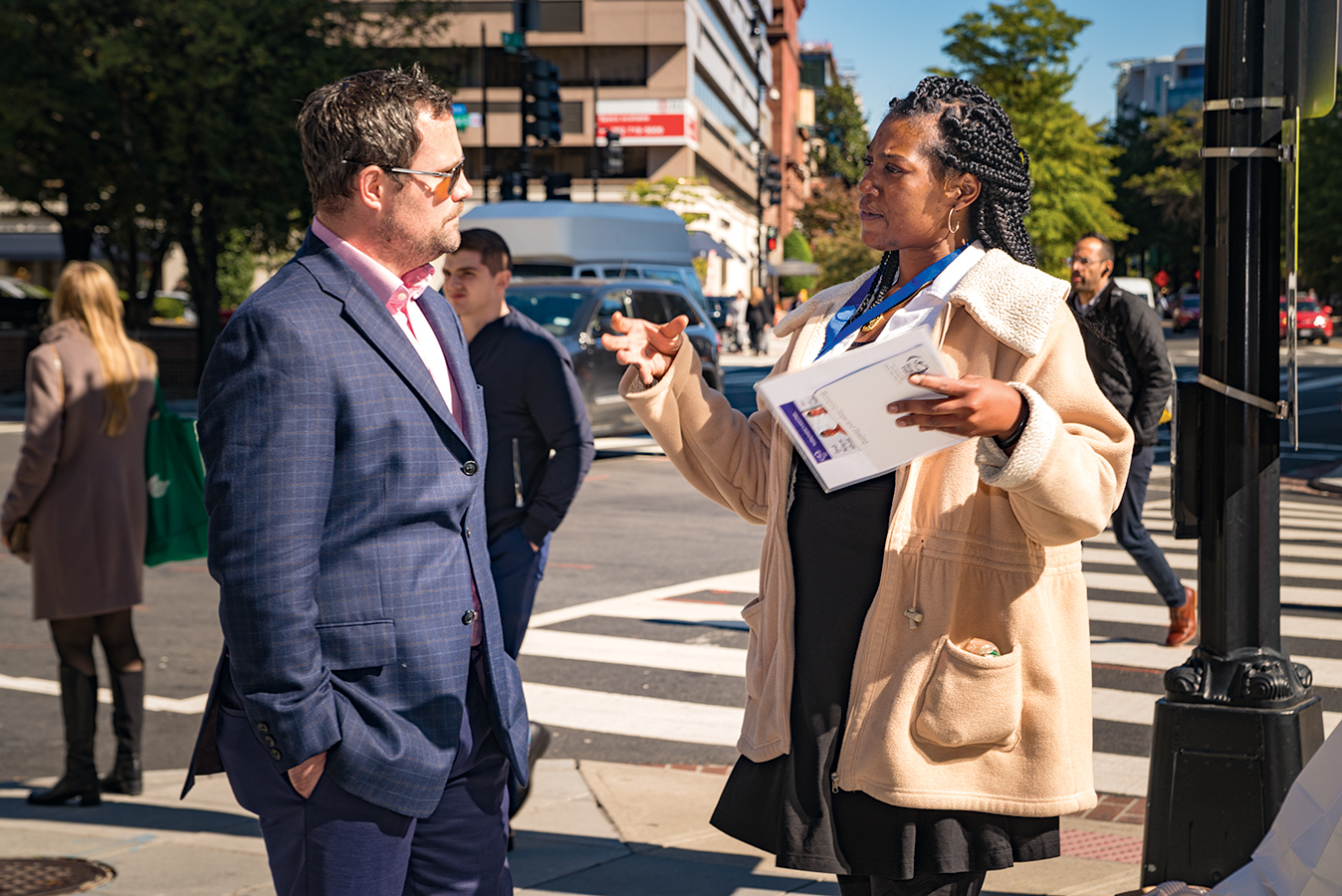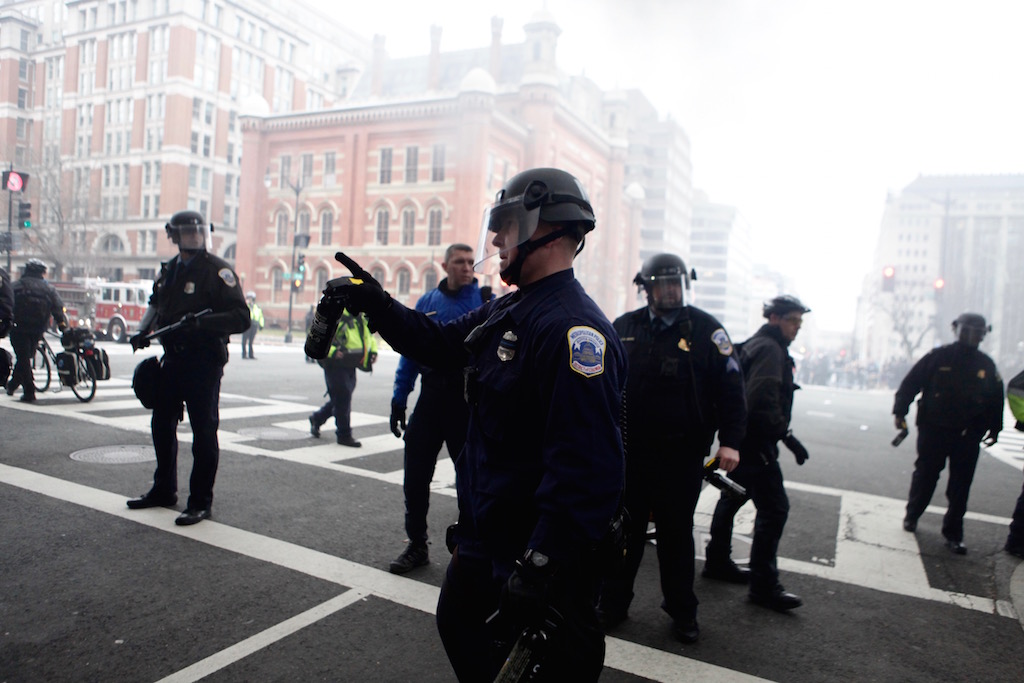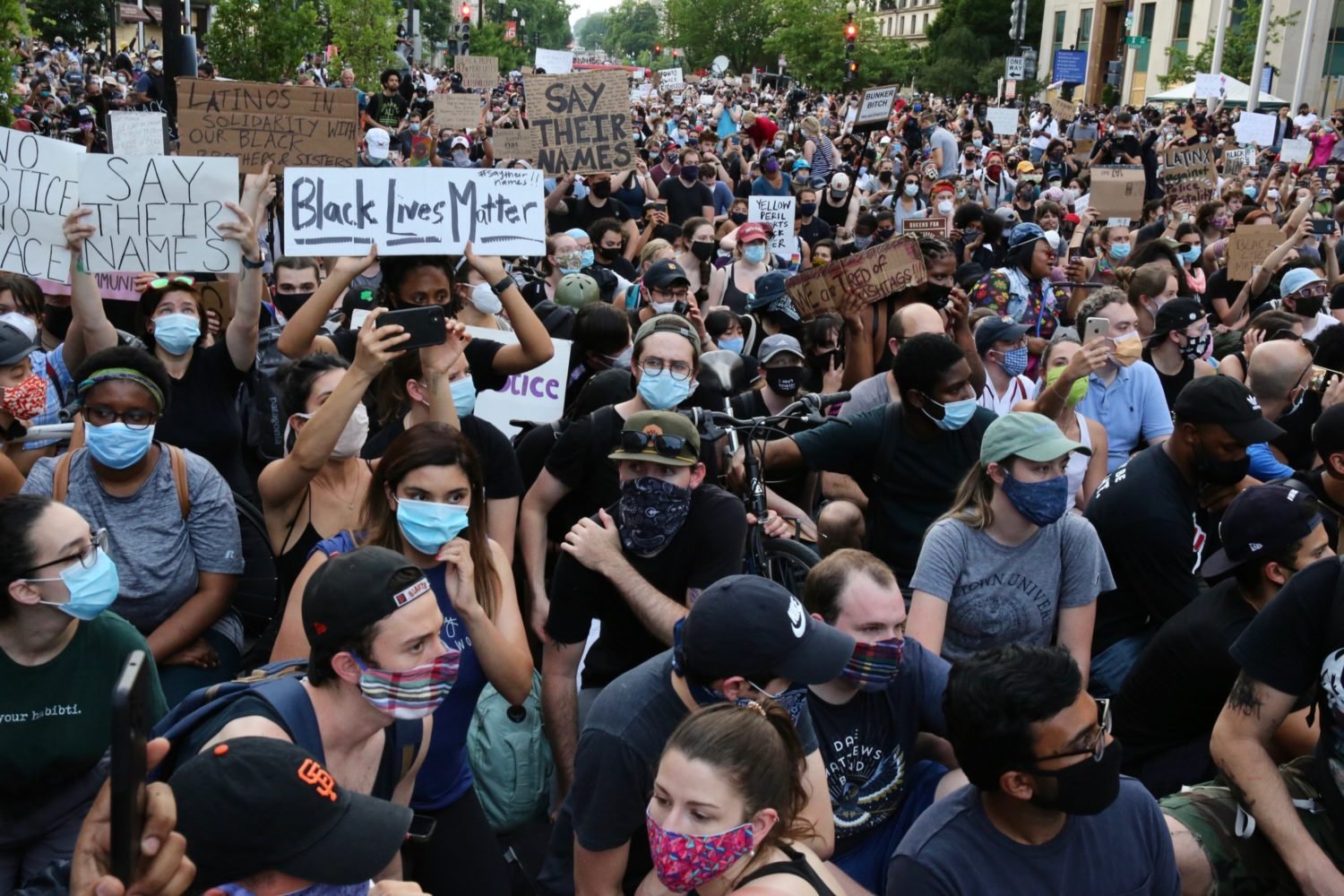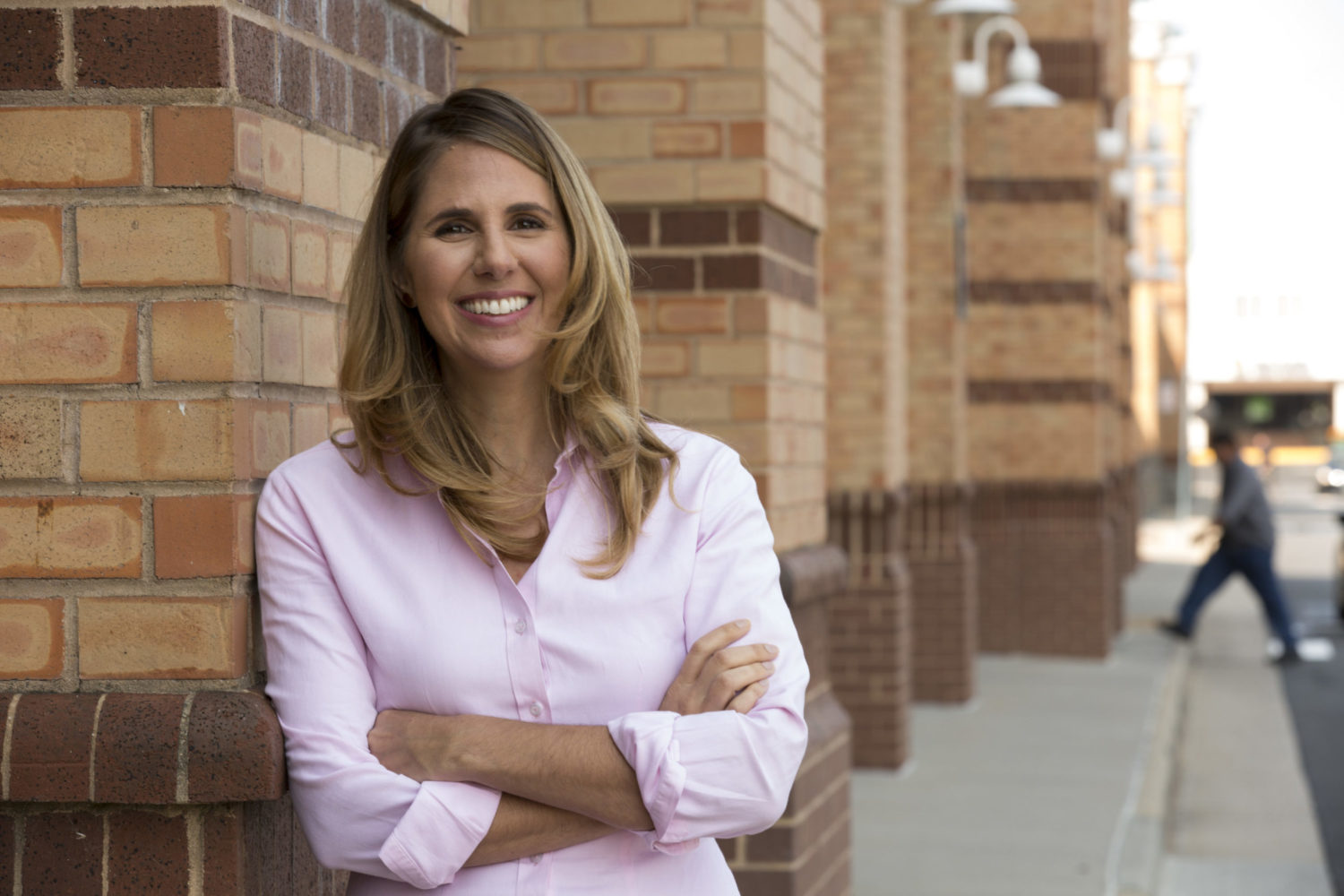You’ve probably encountered them: eager young people wielding iPads, asking if you’ve got a minute to chat. They’re field canvassers—working for the Nature Conservancy or the Human Rights Campaign or the ACLU—who try to halt passersby in order to cajole donations, get signatures, or just find a sympathetic ear. Maybe you’ve stopped; more likely you haven’t. Either way, you’ve probably wondered: Who are these people, and why are they doing this?
To find out what it’s like to hit up strangers on the sidewalk, I recently tagged along with some canvassers from Mercy Ships, which operates a medical sea vessel that offers hospital care in poor areas. It was a chilly morning, and the three solicitors were asking for donations near Farragut Square. Two of them, Peter and Tiffany, turned out to be surprisingly reserved, greeting commuters with palpable discomfort, as if wary of bothering anyone. Logan, however, was a natural, oozing charisma. (They asked us not to use their last names.) “Hey, how you doing?” was his favored approach. “I’ve got a very quick question for you . . . .”
Over the course of the hour I spent with them, the Mercy Shippers didn’t, it must be said, have much luck. That’s normal, Peter told me: An average six-hour shift yields between two and four donations. That doesn’t seem like much payoff given how uncomfortable the work seemed (and that, in general, canvassers tend not to make much above minimum wage).
While I was there, some people flat-out ignored their entreaties, while others tossed off polite rejections like “I have to get to work,” “I don’t have any money,” and, somewhat puzzlingly, “I’m not from here.” Sometimes, Logan said, people could be outright rude. “It’s definitely not that fun,” he admitted.
So how does it feel on the other side of the clipboard? “We’re not supposed to get frustrated, so we’re learning how not to get frustrated,” Peter said. “It can be hard to keep positive all the time.” Still, Logan added, “we get to talk to some cool people. And we are helping out and saving lives, which is, at the end of the day, why we’re doing this.”
This article appears in the December 2018 issue of Washingtonian.



















